Dr. Mohammad Mehdi Mazaheri – University Professor
Fortunately, the recent 12-day war did not escalate into a full-blown conflict or war of attrition, thanks to the admirable coordination and management of our diplomatic apparatus and military officials. Highly classified reports obtained and published by CNN indicate that the U.S. attack also had no significant impact on Iran’s facilities and centrifuges and did not in any way destroy Iran’s nuclear capabilities. However, the bitter experience of the past two weeks seems to carry multiple lessons and messages for Iran’s officials and decision-makers across various dimensions. Policymakers must realistically assess the existing strengths and weaknesses and formulate the country’s future strategies by drawing on these experiences.
The first lesson pertains to the military dimension, necessitating a review of active deterrence strategies. Although Iran’s precise missile strikes on the Occupied Territories in response to the Israeli regime’s attacks on our country were commendable—surprising and delighting not only Iranians but also all nations in the region—the repeated attacks by the Israeli regime on various military, residential, and energy infrastructure sites highlighted the urgent need for deeper and more diverse defensive layers to protect critical infrastructure and sensitive sites.
Therefore, it must not be overlooked that merely having offensive capabilities is insufficient; anti-missile defense capabilities and safeguarding the country’s airspace must also be enhanced. On the offensive front, investment in stealth radar systems and overcoming enemy defenses should also be considered. Additionally, given the hybrid warfare employed by the enemy against our country, it appears that Iran must pay greater attention to electronic warfare, cyber warfare, artificial intelligence, micro-drones, and advanced offensive drones to compete in modern warfare.
Another point was the revelation of collaboration between certain domestic elements and the Israeli regime, which made things easier for this usurping regime. The reasons why some individuals chose to betray their country and cooperate with the enemy can be analyzed and evaluated from various angles: the decline in the political system’s social capital in recent years, worsening economic problems, the allure of financial incentives offered by the Israeli regime, the lack of loyalty among some foreign migrants to Iran, which had granted them refuge, and many other factors. Hence, our security and intelligence officials must avoid impulsive actions and rushed executions of traitors. Instead, they should first identify the reasons and roots of this strange and unpatriotic behavior, prepare a precise and fair report for relevant institutions, and provide recommendations to prevent the recurrence of such bitter experiences.
Alongside the shocking revelation of some domestic collaboration with the enemy, we witnessed another side of Iranian society—one that, in its own way, was astonishing, pride-inducing, and heartening. Segments of Iranian society that had been critical of the political system in recent years—some of whom had even boycotted ballot boxes to express their dissatisfaction with the country’s political and economic conditions—changed their stance after the Israeli regime’s attack on our country. Demonstrating the patriotism inherent in Iranians, they stepped forward to support Iran and its territorial integrity, encouraging others to set aside differences and focus solely on saving and liberating Iran.
The same lightly veiled girls who had long complained about strict hijab enforcement and penalty text messages joined pro-Iran rallies during the 12 days of Israeli attacks on our country. At night, they took to the streets with Iranian flags to send a message to the enemy: Do not expect an uprising from us. Even if we are critical of our country’s current state, we are not traitors or sellouts. We have not pinned our hopes for change in Iran on foreign countries. For us, above all else, what matters is “Iran’s strength, independence, and freedom!”
This sudden empathy and solidarity among different segments of society during wartime is a valuable social asset. The country’s managers and decision-makers must respond to this sense of patriotism and love for Iran with reciprocal and appropriate measures, making wise and measured decisions to preserve this newly emerged asset in the best possible way.
The targeting of the Islamic Republic of Iran Broadcasting (IRIB) building and the bravery of the female anchor in live reporting were among the other remarkable events of the war. Although many Iranians in recent years had grievances with the IRIB, viewing it as a biased media outlet rather than one representing all Iranians, the attack on its building prompted even critics and political activists to react negatively. They proudly and repeatedly shared videos of the anchor’s courage on social media. This public attention and support present a golden opportunity for IRIB to reform its hardline policies and previous approach, reciprocate public support, and demonstrate that if all of Iran can mourn the attack on state broadcasting, this media outlet can also reflect the concerns of all Iranians, allowing analysts and experts from diverse political spectrums to voice their opinions.
Furthermore, this media outlet, which during the war repeatedly showcased lightly veiled women and girls holding flags to prove their support for the political system, should adopt a more compassionate and lenient approach toward them moving forward. Once normalcy returns, it should not exclude them from television screens again. Iranian youth, regardless of their beliefs, are the children of this land, and their voices must be heard, with their demands addressed.
On the international stage, reactions to the Israeli regime’s attack on Iran were also significant. The stance of Arab and Muslim countries in the region, all of which condemned this aggression against our country, demonstrates that Iran’s recent foreign policy approach—strengthening relations with neighbors based on shared interests and reducing misunderstandings—has been a useful and effective strategy that should continue and be reinforced.
On the other hand, the overt and firm support of some countries for the Zionist regime underscores the necessity of strengthening active diplomacy with other powers, particularly non-aligned and emerging nations, so that Iran can solidify its position in the global balance of power. A key lesson in this regard is the need for smart utilization of diplomatic tools, enhanced lobbying, and international advocacy to clarify Iran’s positions and counter false narratives.
In conclusion, this 12-day war was not merely a military confrontation; it was a comprehensive reflection of the challenges and opportunities facing the Islamic Republic of Iran across various dimensions. Although given the Israeli regime’s usual behavior, the current ceasefire appears fragile and unstable, and our officials must regroup in all areas—assessing vulnerabilities, examining the roots and dimensions of infiltration, seriously countering it, and improving governance under various circumstances—we must not neglect the lessons of this aggression.
These lessons encompass strengthening military capabilities and effective deterrence, as well as promoting economic resilience, increasing social capital, and adopting proactive and intelligent diplomacy at both regional and international levels. Successfully navigating these crises and ensuring the country’s security and progress in the future requires a realistic outlook, comprehensive and multifaceted strategies, and strengthened national cohesion. This event has once again reminded us that preparedness for unforeseen challenges demands a balanced and overarching approach across all dimensions of governance.

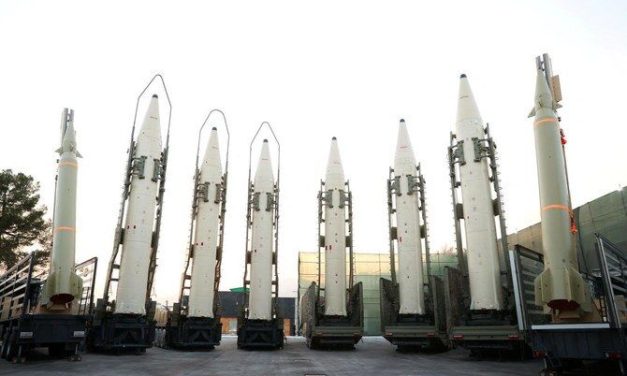
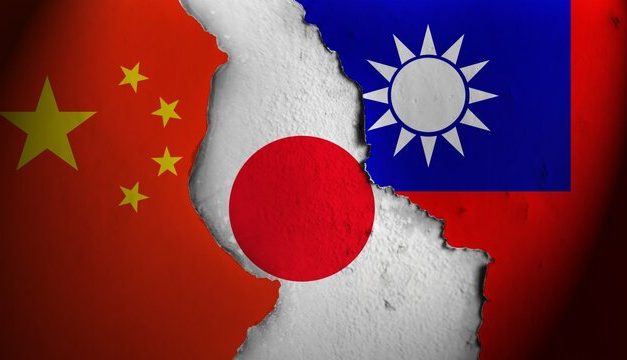
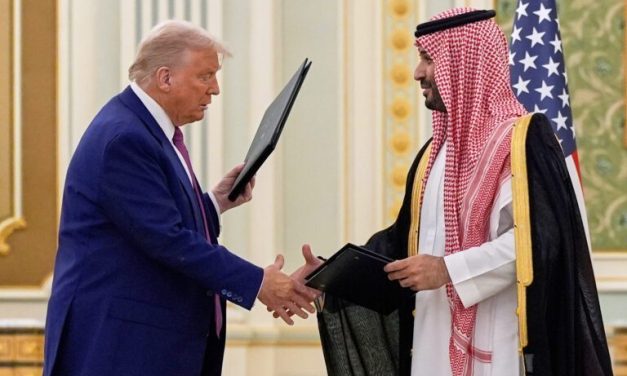

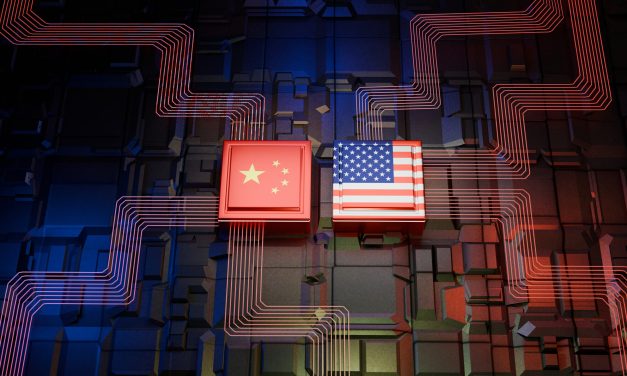
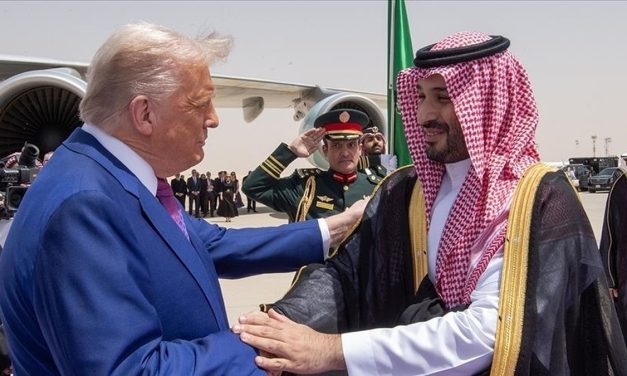
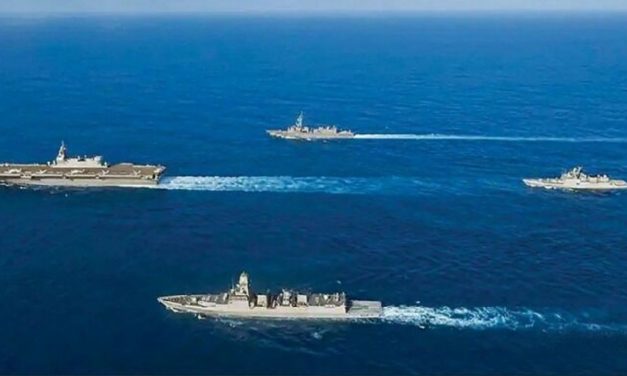
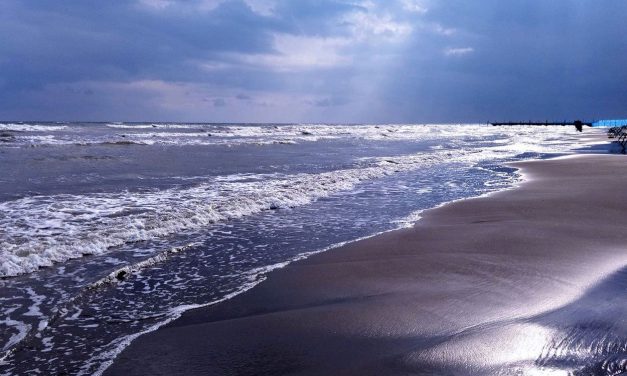

0 Comments